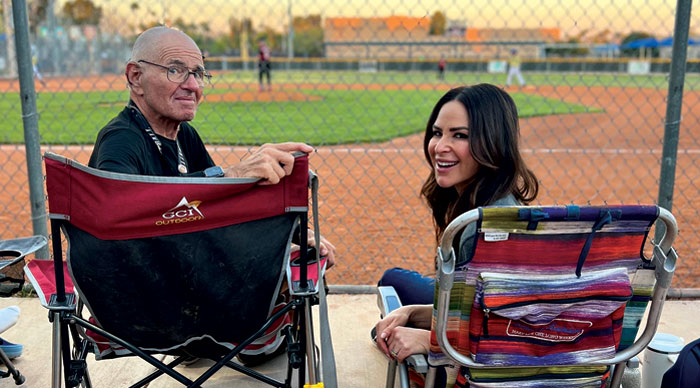
For millions of families in the United States, spring turning into summer means baseball season shifting into full gear — from Major League stadiums to the small-town Little League sandlot fields.
 For media personality Teresa Strasser, baseball season is more than just a sport her young son plays during the summer. Strasser’s new memoir, “Making It Home: Life Lessons from a Season of Little League,” stands as a warm exploration of family, grief, and the redemptive power of baseball. Through the lens of her son’s Little League season, Strasser’s memoir will bring any former Little Leaguer back to the days of summer on the baseball diamond.
For media personality Teresa Strasser, baseball season is more than just a sport her young son plays during the summer. Strasser’s new memoir, “Making It Home: Life Lessons from a Season of Little League,” stands as a warm exploration of family, grief, and the redemptive power of baseball. Through the lens of her son’s Little League season, Strasser’s memoir will bring any former Little Leaguer back to the days of summer on the baseball diamond.
She won a Daytime Emmy for writing on “Win Ben Stein’s Money” on Comedy Central, and is well-known for her work on “The Adam Carolla Show.” And it’s quite evident in her dark-humored scenes that balance between wit and tense family drama. The critics have taken note too. USA Today named “Making It Home” one of the best books of 2023.
“Making it Home” begins with the heart-wrenching state of Strasser’s life: Her brother Morgan’s battle with cancer and subsequent death. Just four months later, her mother passed away. Baseball serves as a metaphor throughout the book, representing life’s unpredictability and the stages/innings of grief.
“Redemption is baked into the game. You’re not promised a happy ending, but there’s always room for one.“– Teresa Strasser
“I think that’s why baseball was such a good backdrop for this story,” Strasser told The Journal. “Cause there’s always hope in baseball. There’s no clock. As Yogi Berra said, ‘It ain’t over ’til it’s over.’ There’s always the possibility for something great to happen. Redemption is baked into the game. You’re not promised a happy ending, but there’s always room for one.”
Strasser’s father, Nelson, has quirks that will resonate with anyone who has a father who’s a bit boorish and rough around the edges. Underneath the surface, Nelson is a loving and dedicated grandfather. He would often be one of the earliest arrivals in the stands at his grandson’s Little League games. Throughout the book, Nelson’s presence at these games becomes a therapeutic healing space for both him and Strasser, helping them both process their grief in a shared space.
“My dad would roll up [to Little League games] on his bike, throw a green sheet over it,” Strasser said. “He has half his teeth, none of his hair. He’s not like the country club grandpas that I saw all around. But by the end of the season, I was so proud because no other grandpa had been to every game and every practice.”
Strasser said that watching baseball with her father resurrected a healthy version of her brother.
“We could see him out there,” Strasser said. “When we watched my son, I remember my son was playing first base, and my dad said, ‘Morgan never missed a grounder. He knew how to play the bounce. He played the ball. He never let the ball play him.’”
She discusses the trauma of her childhood, including the custody situation where her mother lost custody of both her and Morgan when Teresa was just three years old. This separation shaped her relationship with her father and, ultimately, tested her resilience.
“There are two fight scenes with my dad [in the book] that were so ugly and brutal that they were very difficult to write,” Strasser said. “And I just thought, ‘if I said the unsayable, and if I write it down, people are going to hate me and they aren’t going to root for me.’ But then I realized if you’re writing a book about redemption in a family and you don’t include the bad part, then what are you being redeemed from?”
The book also delves into Strasser’s personal insights and philosophical reflections on grief and existence. Reflecting on the role Judaism played in this book, Strasser sees a connection between mourning and America’s pastime. “Jewish mourning rituals are about community, and so is baseball,” Strasser said. “You’re in a group, even if it’s not Little League, even if it’s the majors, you’re part of a community of fans for that team. And there’s something magical about that. You belong. But it’s not going to be that there’s a magical stage and you wake up one day and all that heavy sadness or survivor guilt is gone. It’s more like your state is going to change. You might not feel better, but you’re going to feel different, and different becomes better.”
Scenes of Nelson’s grief are especially powerful. Strasser describes her father riding his bike, screaming Morgan’s name into the night. Despite his flaws and quirks, Nelson emerges as a hero in “Making it Home,” a figure of resilience and dedication who finds redemption in his role as a grandfather. Strasser said that if she could have any actor play her father on screen, it would be Henry Winkler.
The memoir also highlights the emotion of watching her son Nathaniel play sports. Strasser’s memories of her brother playing baseball shape her experiences and coping mechanisms. The Little League season, with its emotional highs and lows, mirrors life’s unpredictability and the process of grieving.
Even for non-baseball fans, the emotional depth and humor in “Making It Home: Life Lessons from a Season of Little League” make it a compelling and therapeutic read. Readers may even be inspired to find their own unconventional ways to relate to loved ones. “That’s what I love about [baseball], I can have a deeply satisfying exchange of emotion and ideas with my dad, and it’s just about baseball,” Strasser said. “But it feels like a deep conversation that’s satisfying because we’re talking about losing on the diamond, but we’re also talking about all kinds of loss or all kinds of hope or all kinds of triumph.”
Teresa Strasser shared more about her book “Making It Home” with the Journal. The conversation has been edited for length and clarity.
JEWISH JOURNAL: What was going through your mind as you revisited some of these really difficult situations?
TERESA STRASSER: I think with grief, there’s this concept of adaptive oscillation. My grief therapist taught me that. And it seems like, but if you can go back to work, maybe you should, because grief is so intense that you need breaks from it. And if you can go to work or do something else, then that’s healthy for you. And it allows you to work through your grief. That’s what baseball was for my dad and me.
JJ: How do you handle rejection and criticism?
TS: When I experience rejection, I take it really hard. I’m wired to have an extreme emotional reaction to things. So it’s not like it’s water off a duck’s back. That water is soaking me to the bone, but I just keep going because I don’t have another choice. I also think some people might be born just with a resilient gene. I have always picked myself up. But it’s with the caveat that I feel it, and I take it hard every time. I take every rejection hard, every loss hard.
JJ: What has surprised you most about people’s reactions to your book?
TS: One surprise is that non-baseball people love the book. People who have never watched any baseball get it and relate to it. I think that’s the magic of baseball. Somehow, it lends itself to story and metaphor. And I think any parent can relate to the feeling of worrying about your kid and wanting your kid to succeed. And all of us are going to experience grief if we haven’t already and lost.
For more about Teresa Strasser and her book “Making It Home: Life Lessons From A Season of Little League,” visit https://teresastrasser.com/making-it-home.







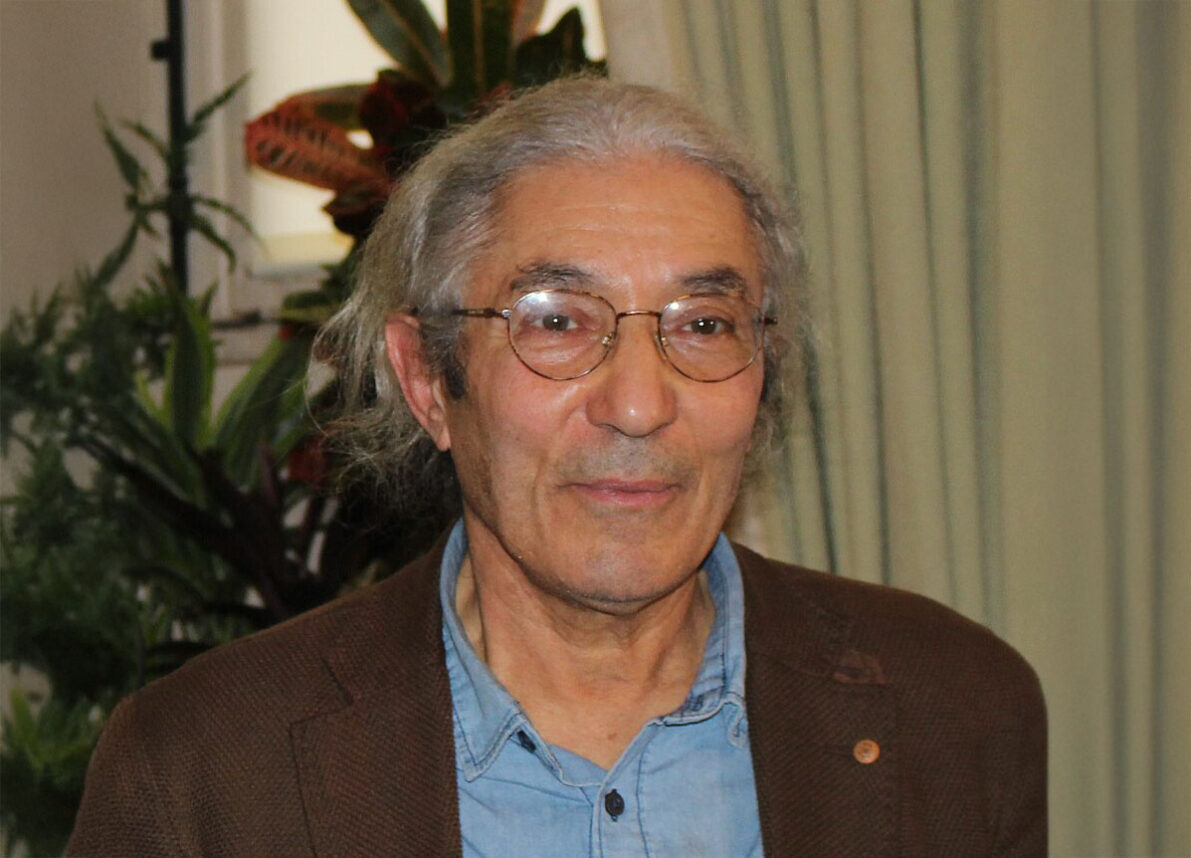
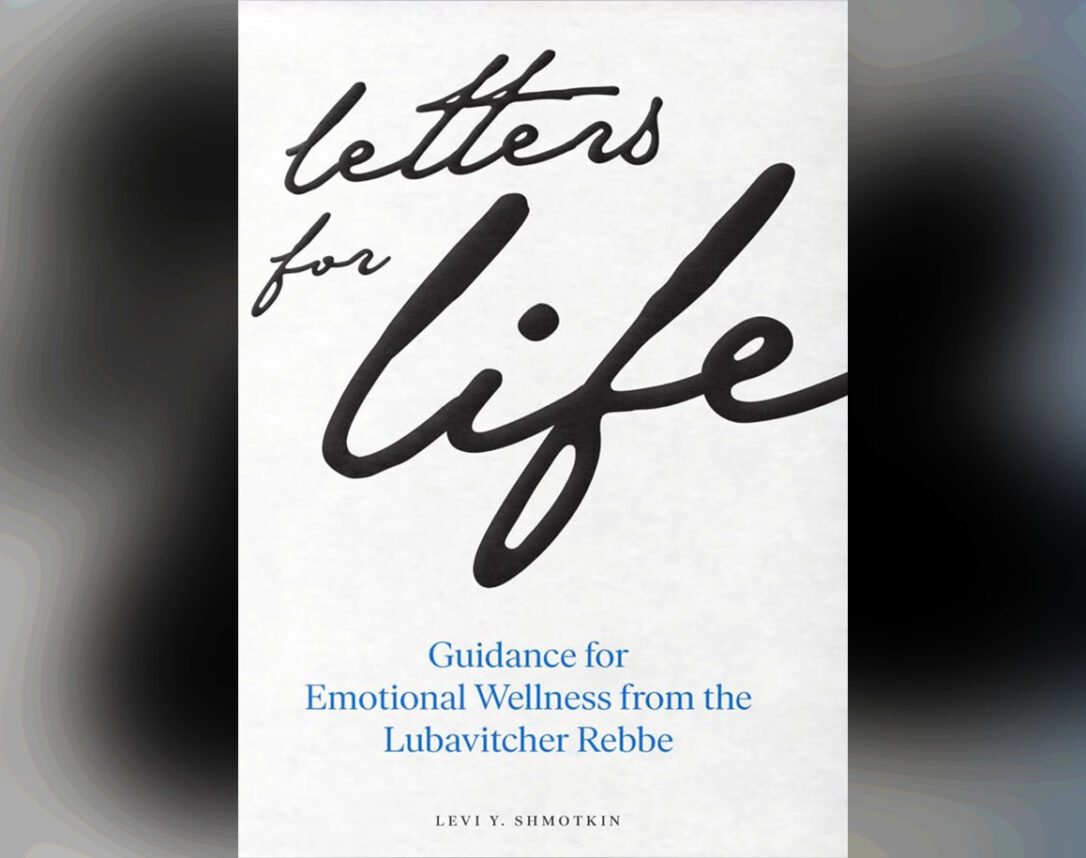



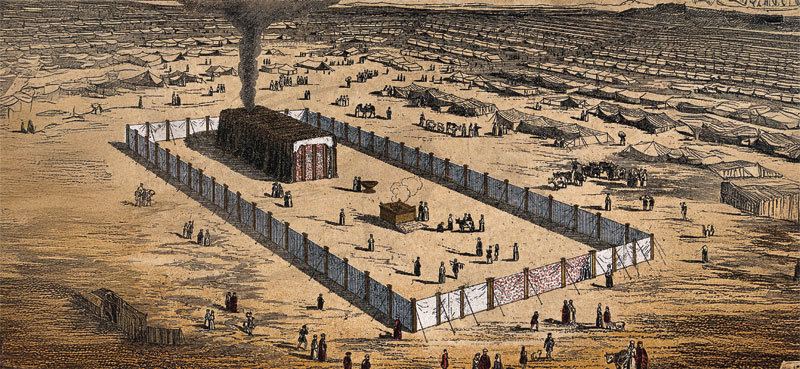
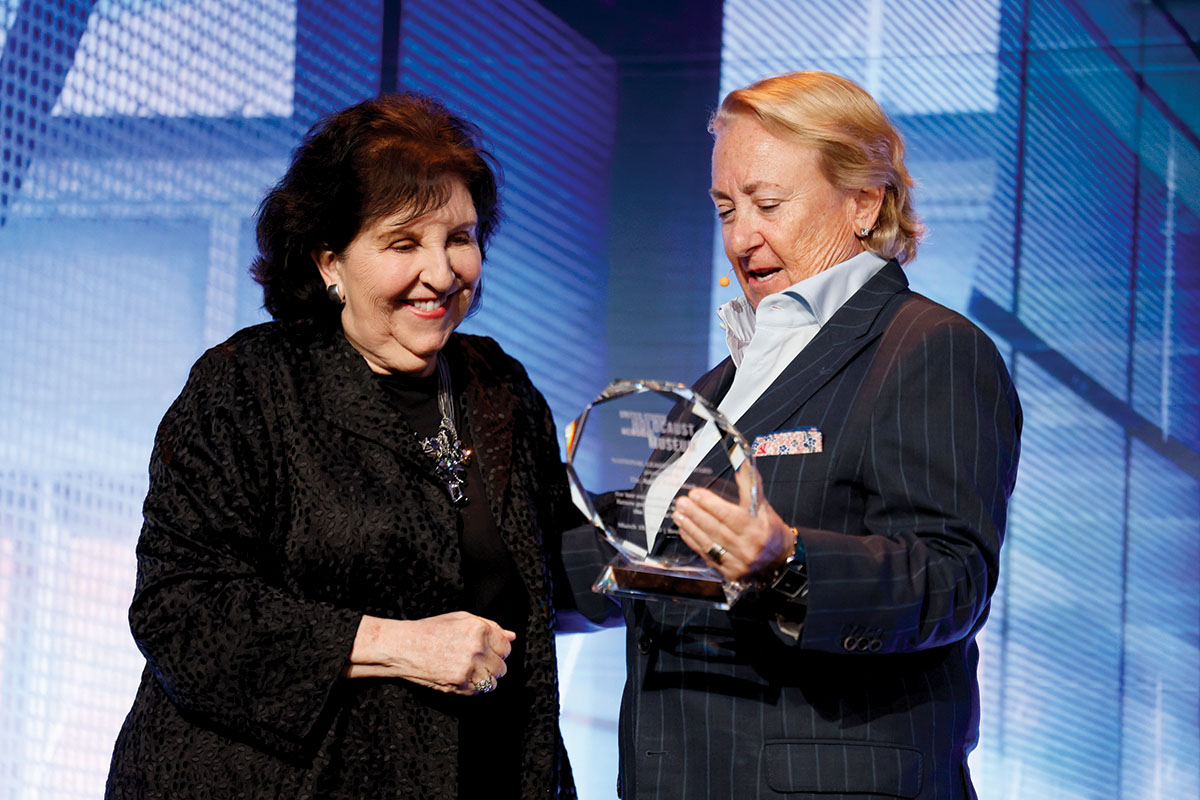


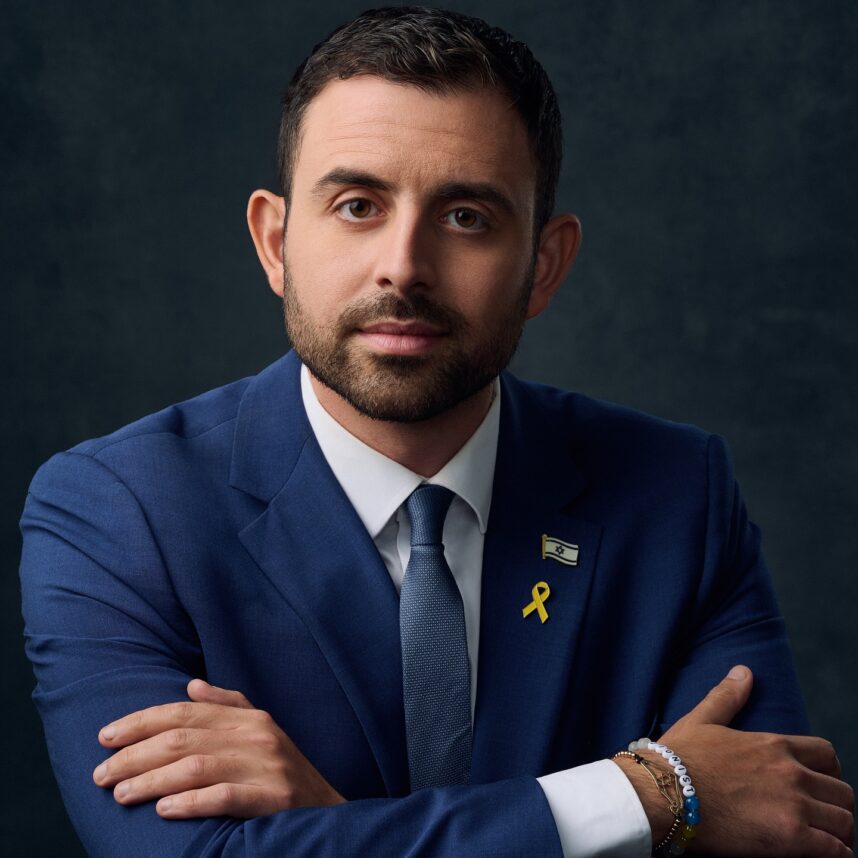







 More news and opinions than at a Shabbat dinner, right in your inbox.
More news and opinions than at a Shabbat dinner, right in your inbox.